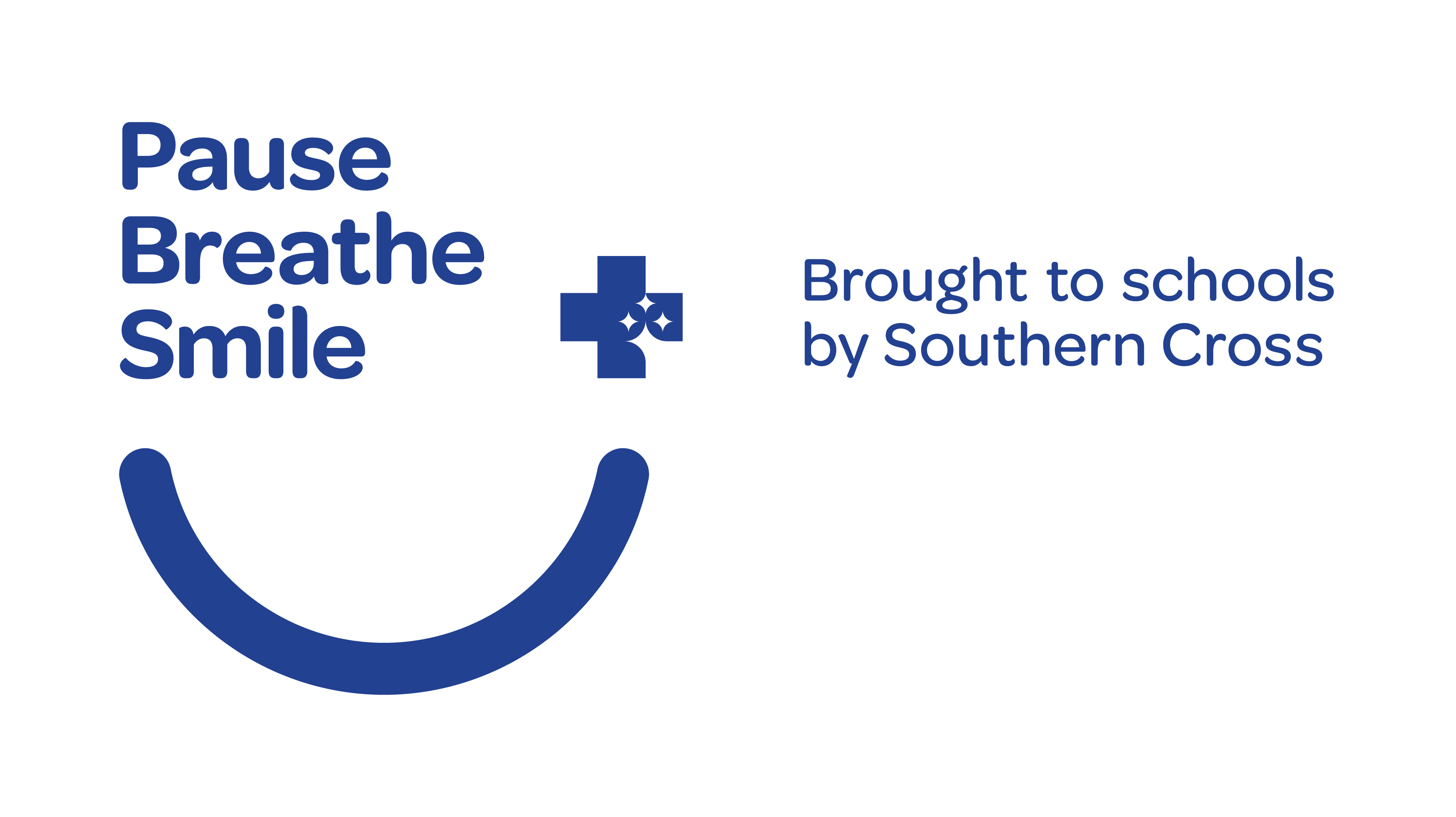– Anna Clements, School News. View Original Story
There is a lot of talk about New Zealand’s appalling rate of youth suicide, currently the worst in the developed world. What can schools do to help?
Sir Peter Gluckman, the prime minister’s chief science advisor, says youth suicide is more than a mental health issue and that the prevention methods need to begin very early in life.
“This means promoting resilience to the inevitable exposure to emotional stresses and building self-control skills in early childhood and primary school years. It means promoting mental health awareness and ensuring that there are competent and adequate adult and peer support systems in secondary schools. This must be backed up by a capacity to find and rapidly support those children and young adults who are in mental distress and ensuring that the needed interventions and therapy are early and effective.”
It is heartening, therefore, to learn that many schools are introducing programmes to help students build resilience. One of these is the Pause, Breathe, Smile (PBS) mindfulness programme, now running in more than 200 primary, intermediate and secondary schools in New Zealand.
PBS is an evidence-based programme aligned to the New Zealand curriculum and supported by the Mental Health Foundation. It is taught in schools by teachers, counsellors, social workers and healthcare workers who have trained with the Mindfulness Education Group.
Delivery of PBS varies according to the age of students but the outcomes are the same; students gain resilience,focus, self awareness, conflict resolution skills and are better able to stay calm in the face of stress.
“These skills are essential for children and teenagers to manage the emotional stresses of growing up” says PBS founder Grant Rix. “Research shows that PBS can help curb impulsive behaviours and a lack of coping strategies that are linked to youth suicide. They are also better able to fend off depression and anxiety ”
Teacher feedback is extremely positive with many reporting increased academic gains as an unexpected by-product. “The class I was working with the other day used mindful movements breathing circles prior to their weekly five minute basic facts test, and 75 per cent of them achieved their best scores ever,” says Genée Crowley, associate principal of Baverstock Oaks School in Auckland.
And even the youngest students can name the benefits of practising PBS.
Mindfulness can help children with their learning because sometimes they might feel very bored and unconcentrated and they might just do silly things like cut their work to pieces and when they do PBS they become focused, and they just do their work.
– Student
Other children should do PBS because it’s going to make you more calm… and more like, you won’t lose friends that much… cause you’ll use it, and you’ll feel more calm, and you’ll have more friends.
– Student
I noticed that mindful breathing helps me think properly.
– Student
The PBS training pathway includes self-paced online learning in mindfulness, a one-day workshop to learn the programme, and short tutorial videos to help with lesson prep when delivering PBS in the classroom.

